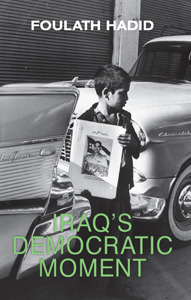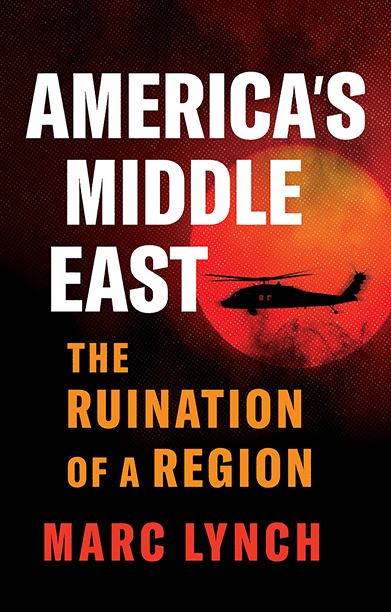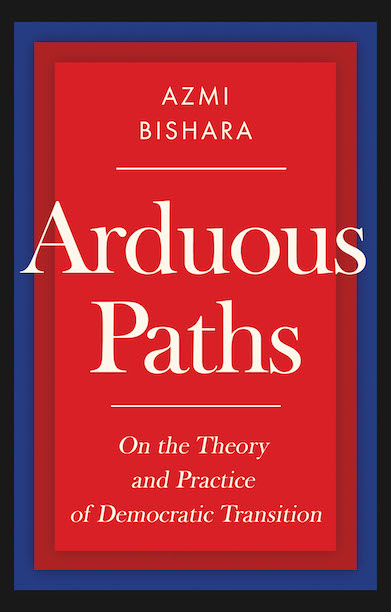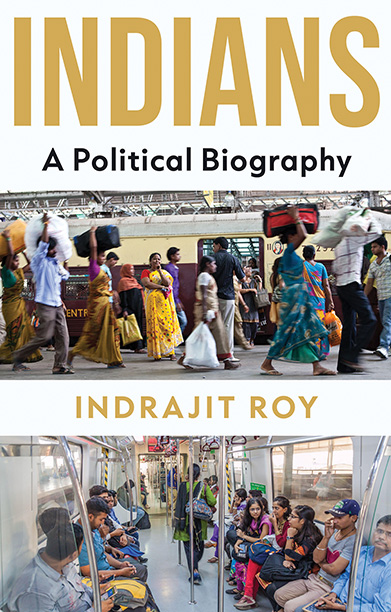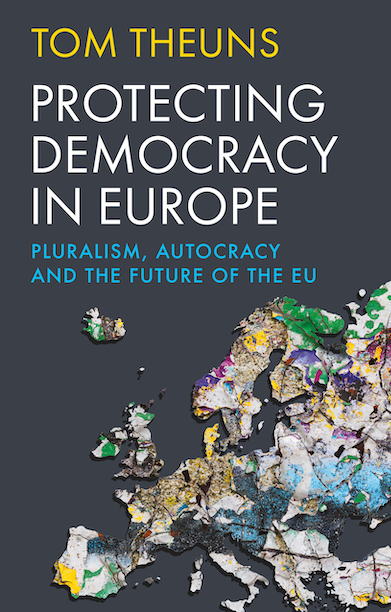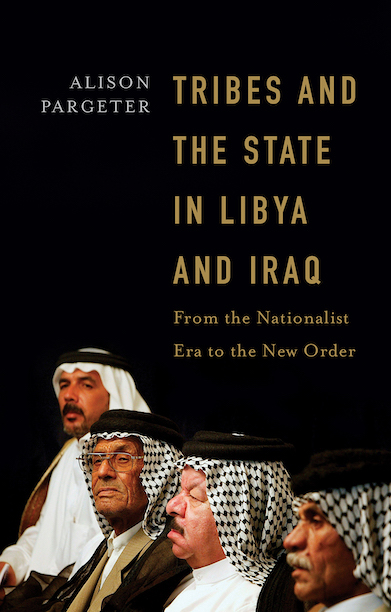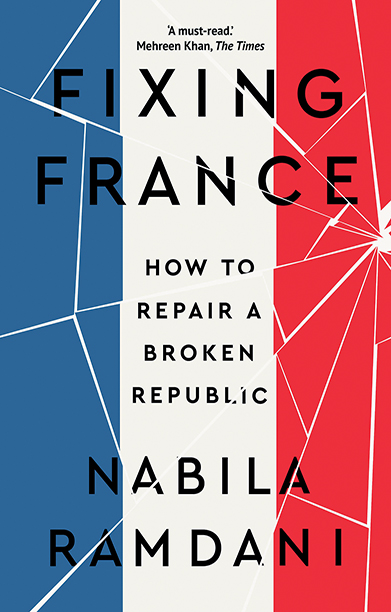Iraq’s Democratic Moment
‘…the book that every Western official should have read before embarking on the 2003 invasion, and that everyone concerned for the future of Iraq should read today.’ — Eugene Rogan, author of The Arabs: A History
Description
In 1920, a massive uprising took place against British occupation of Mesopotamia. This initiated a struggle for democracy that pitted nationalist leaders against the British, their local political allies and a newly-installed monarchy. Iraq’s Democratic Moment is the story of that long and passionate struggle of the Iraqi people to achieve the liberal democracy promised them by the constitution of their newly-created country.
In 1936, a coup d’état brought the nationalist forces to power amid great public jubilation, only for the coup to fail when its leaders fell out among themselves. In 1941, the Iraqi army went to war with the British for violating the terms of the Anglo-Iraqi Treaty. The Iraqis lost the war, and as a result, had to endure British military occupation for the next five years. In 1946, political parties were allowed a certain degree of freedom, but the opportunity was thwarted as the regime failed to deliver on the democratic reforms promised. Further opportunities presented themselves, especially in 1948, when a massive uprising known as al-Wathba forced the cancellation of the Portsmouth Treaty. In 1952, the Iraqi intifada brought more pressure to bear on the regime to introduce the political reforms that the Iraqi people were clamouring for. On both these two occasions, the ruling regime failed yet again to implement free elections and parliamentary democracy.
Perhaps the best opportunity of all was presented by the 1958 Revolution. This ended with the army retaining power and the political parties collapsing in disarray. The failure of the revolution and the brutal authoritarian rule that followed dashed the country’s hopes for the democracy that it had so long struggled and sacrificed for, but which it has yet to achieve.
Reviews
‘[An] outstanding study in which Foulath Hadid traces the origins of Iraq’s indigenous democracy movement ‘— Elfaith A. Abdel Salam, The Muslim World Book Review, 2014
‘In this outstanding study, Foulath Hadid traces the origins of Iraq’s indigenous democracy movement from the 1930s through the 1950s. Based on a total mastery of the Arabic sources and the author’s personal acquaintance with key personalities in the Ahali and National Democratic Party, Iraq’s Democratic Moment is both compelling and authoritative. It is the book that every Western official should have read before embarking on the 2003 invasion, and that everyone concerned for the future of Iraq should read today.’ — Eugene Rogan, author of The Arabs: A History
‘Foulath Hadid’s book is a major contribution to the history of Iraq. His account of the country’s long struggle to throw off colonial rule and create a democratic state is destined to become a classic. Although Iraq’s efforts were thwarted time and time again, this masterful account of the past, based on original sources, can serve as a blueprint for the “democratic moment” which today’s Arab revolutionaries dream of as they struggle to overturn the repressive regimes that have held them captive for so long.’ — Patrick Seale, author of The Struggle for Arab Independence: Riad el-Solh and the Makes of the Modern Middle East
‘This is the heart-breaking story of sustained attempts by Iraqis over several generations to create an independent civil society with social justice and freedom of expression — before Ba’athism and ensuing occupation made these things a remote dream. It should be required reading for anyone interested in Middle East politics, especially in the wake of the Arab spring.’ — Rana Kabbani, writer and broadcaster, and author of Imperial Fictions
‘Reads with the urgency of journalism and the substance of academic.’ — Dr. Lis Kendall
Author(s)
Foulath Hadid was educated at Victoria College, Alexandria, and Christ’s College, Cambridge and then became an Honorary Fellow of St Antony’s College, University of Oxford. He edited his father’s memoir, The Struggle for Democracy in Iraq, and has published articles on democracy in the Middle East.
